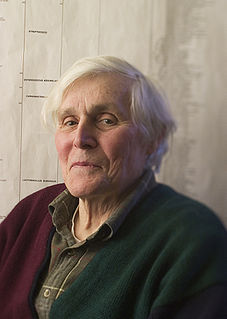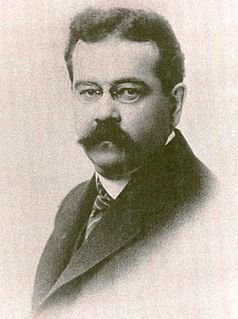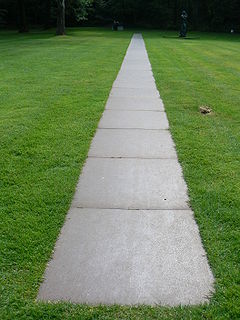A Quote by Elliott Sober
Philosophers of biology generally recognize that evolutionary fitness (roughly, an organism's ability to survive and reproduce in its environment) is multiply realizable.
Related Quotes
Considering that we live in an era of evolutionary everything---evolutionary biology, evolutionary medicine, evolutionary ecology, evolutionary psychology, evolutionary economics, evolutionary computing---it was surprising how rarely people thought in evolutionary terms. It was a human blind spot. We look at the world around us as a snapshot when it was really a movie, constantly changing.
If belief in evolution is a requirement to be a real scientist, it’s interesting to consider a quote from Dr. Marc Kirschner, founding chair of the Department of Systems Biology at Harvard Medical School:
“In fact, over the last 100 years, almost all of biology has proceeded independent of evolution, except evolutionary biology itself. Molecular biology, biochemistry, physiology, have not taken evolution into account at all.








































